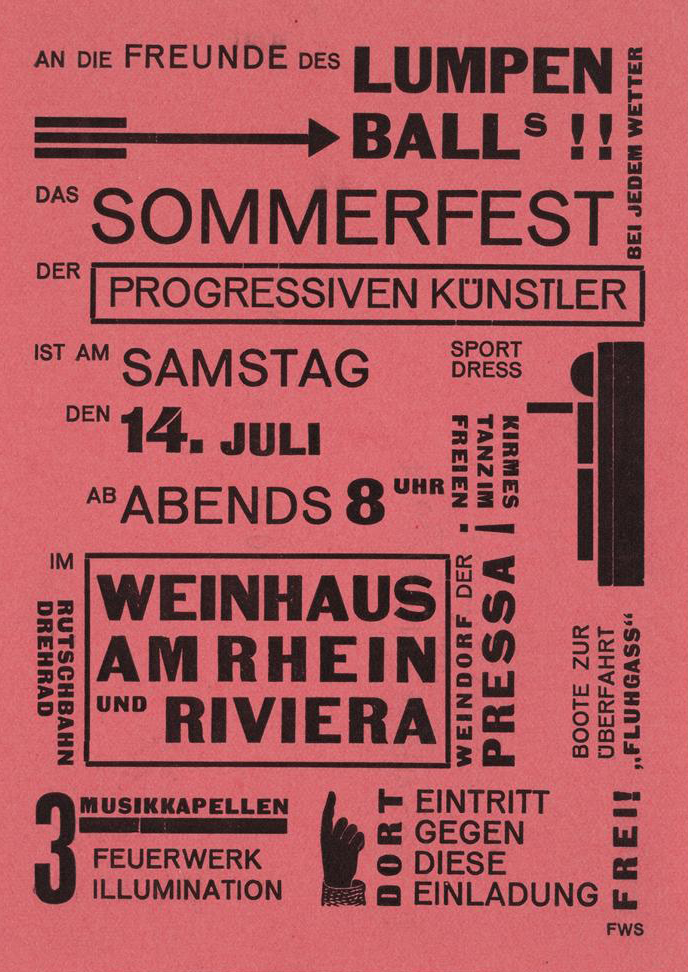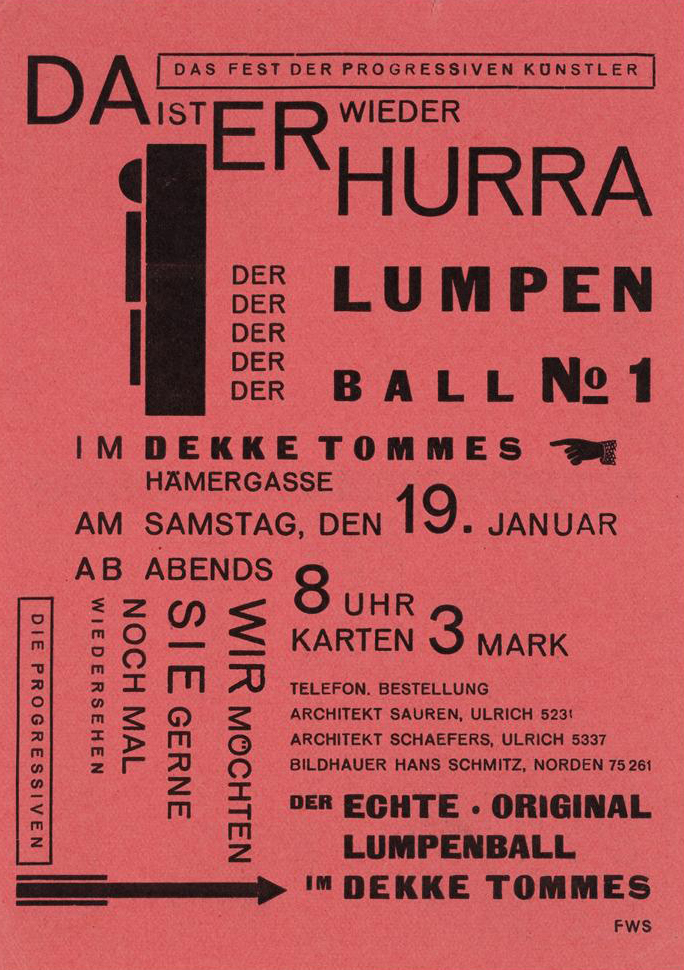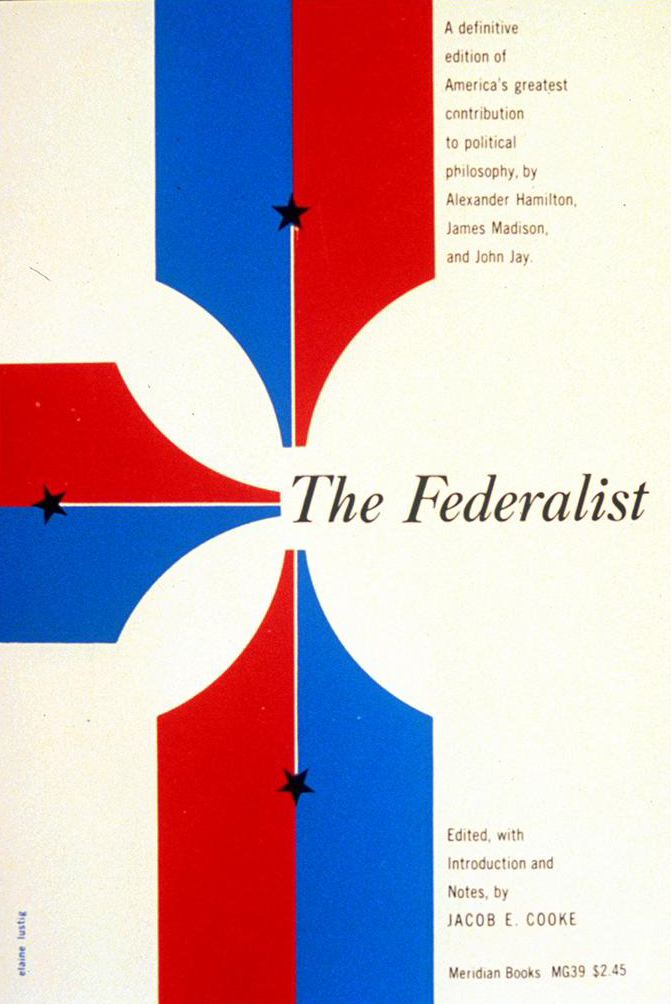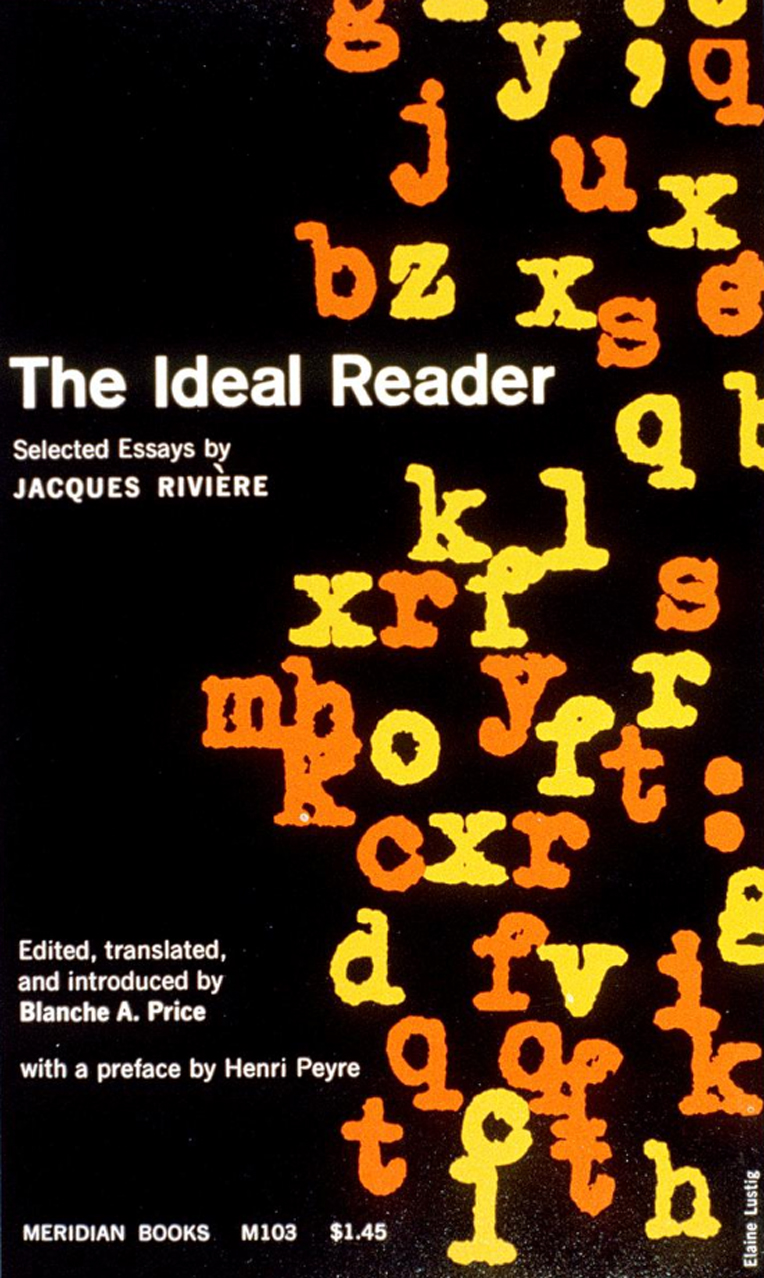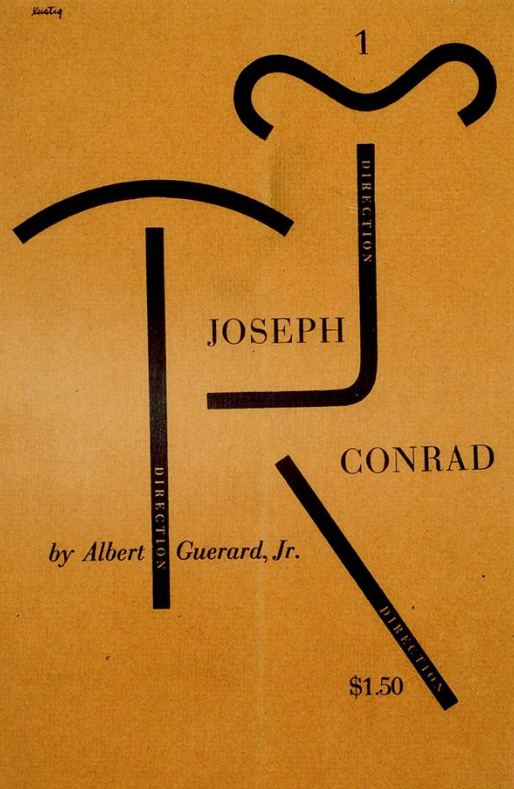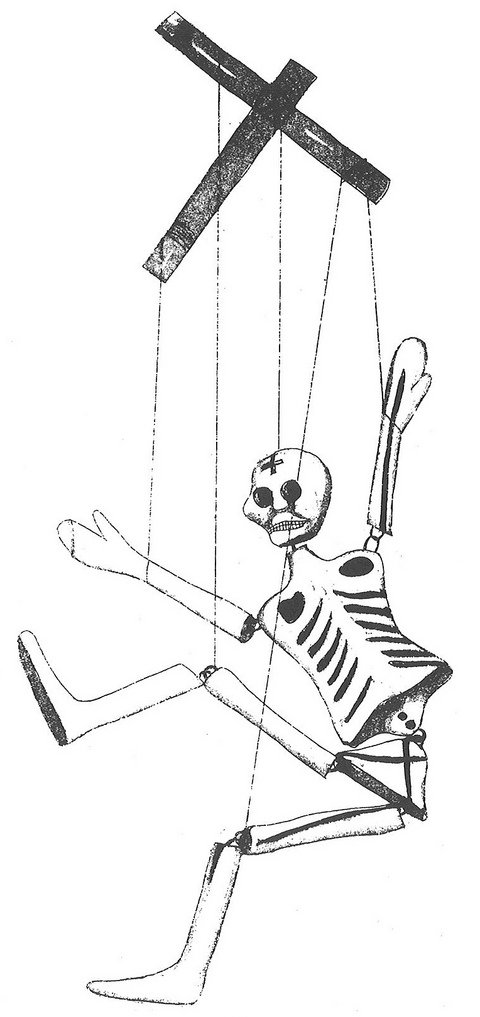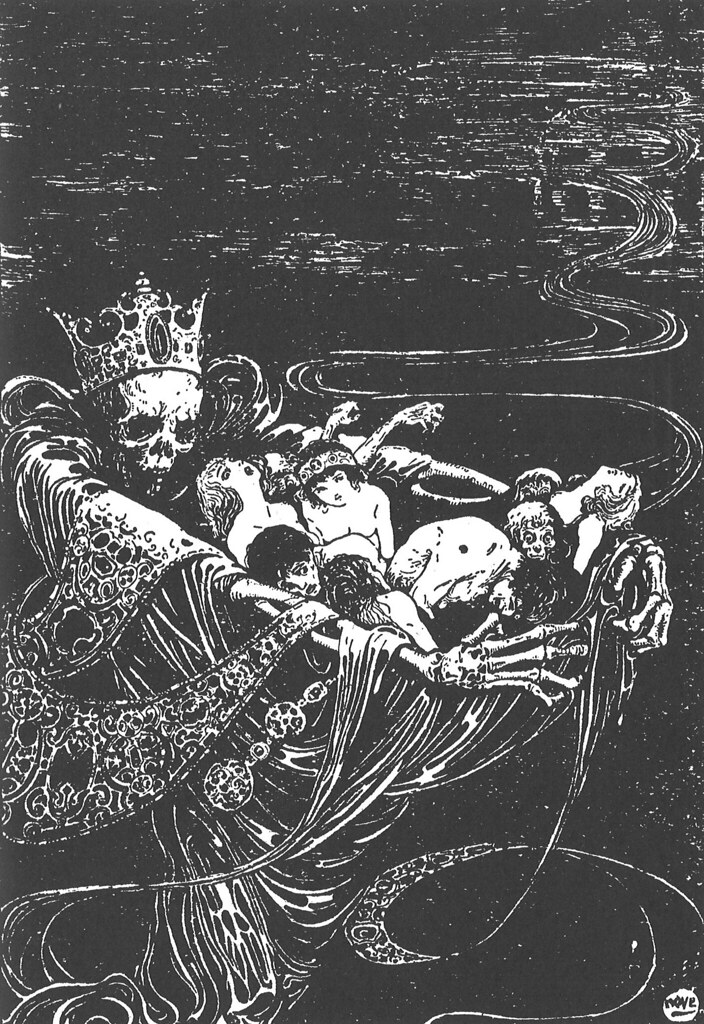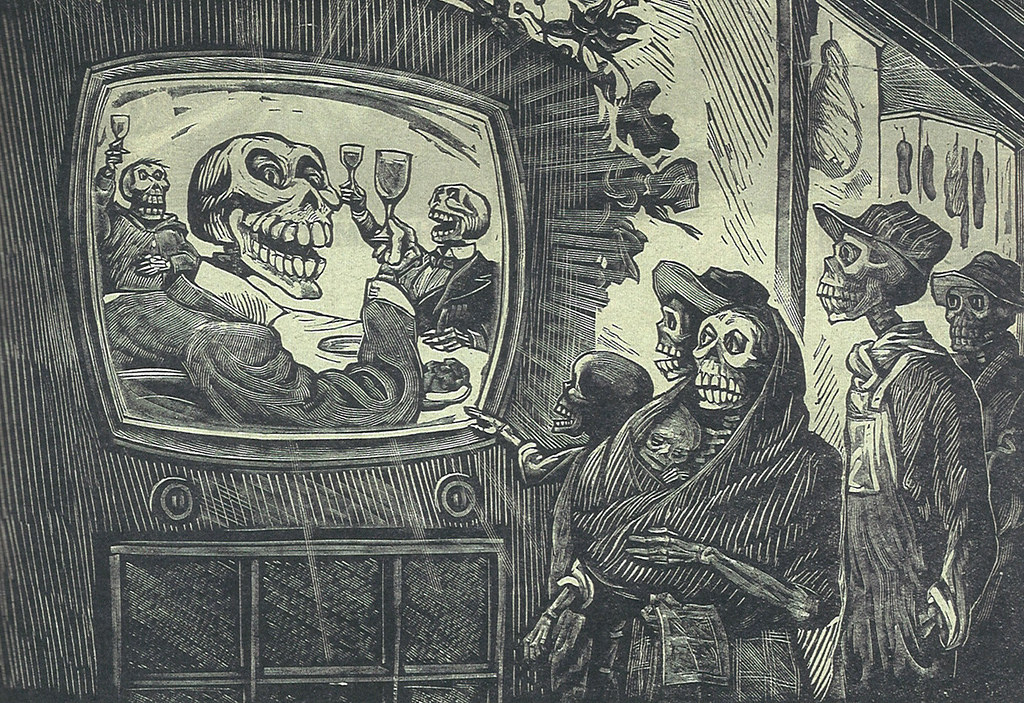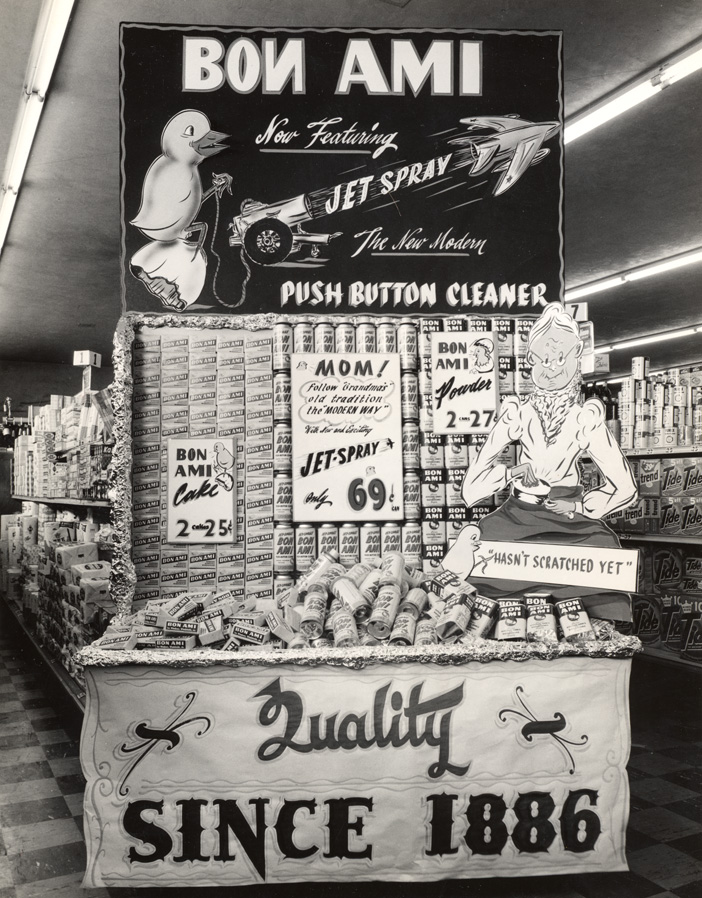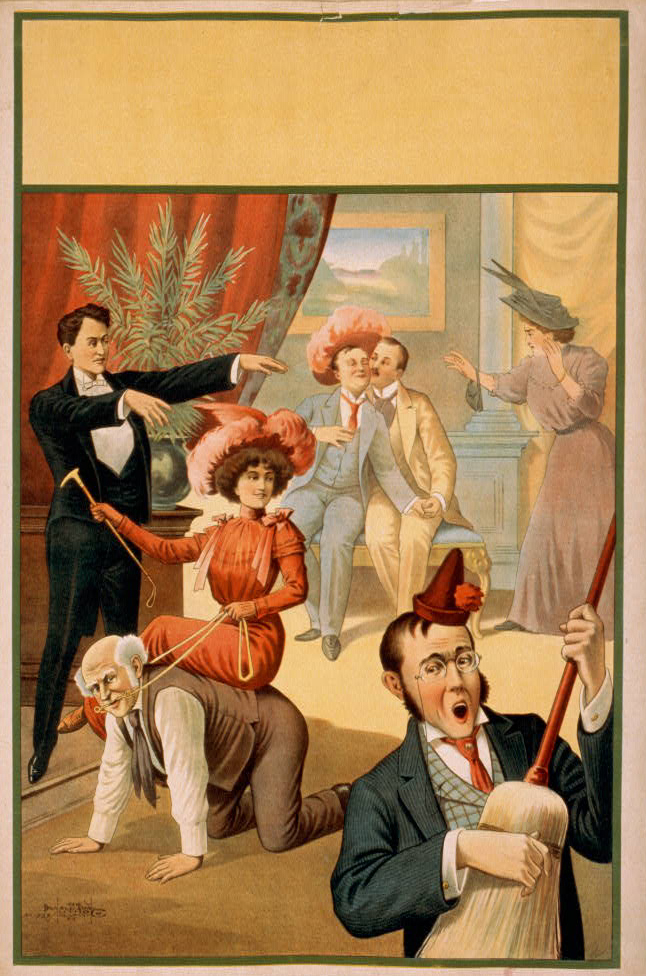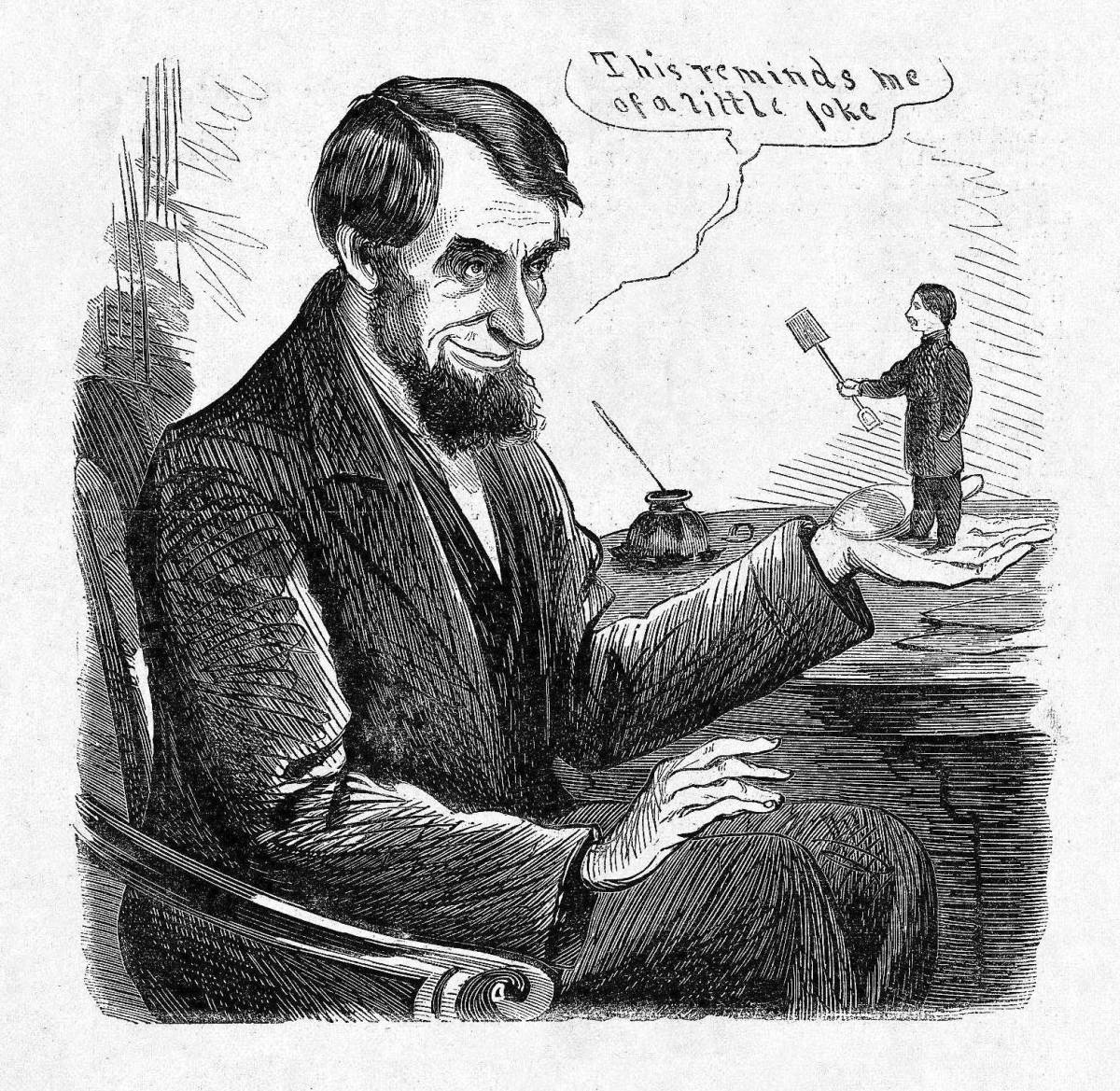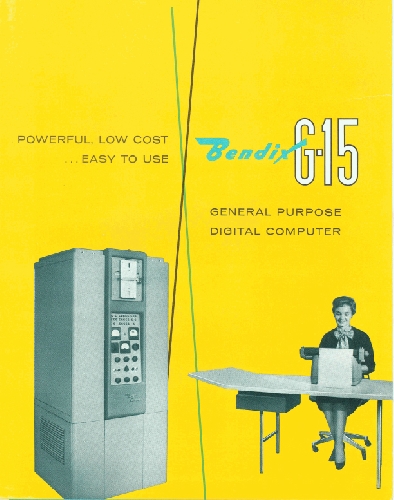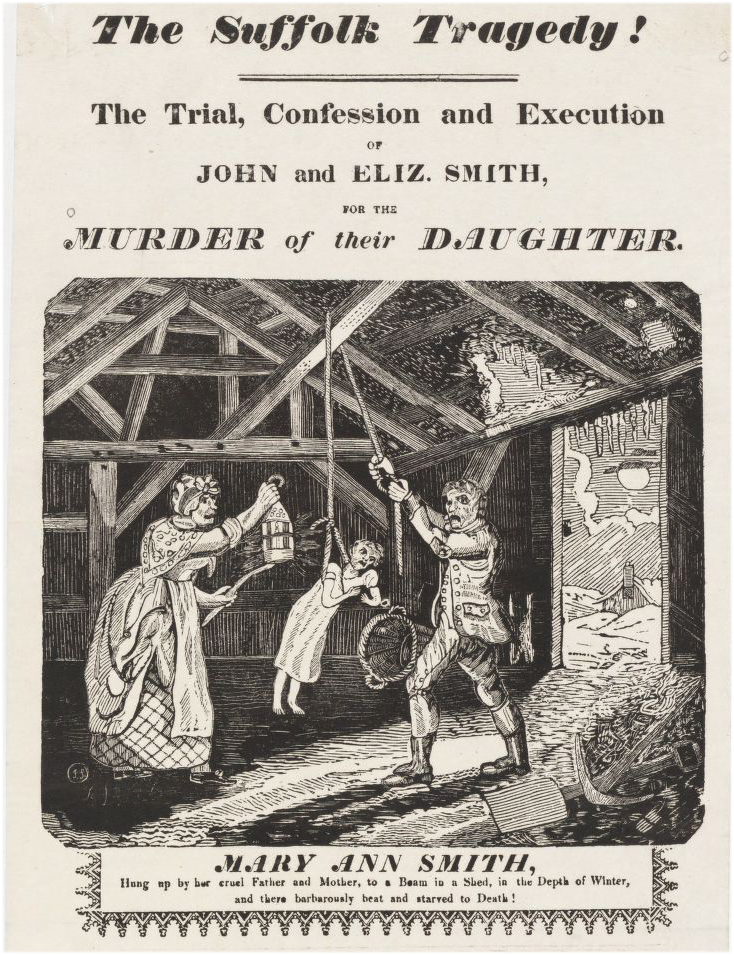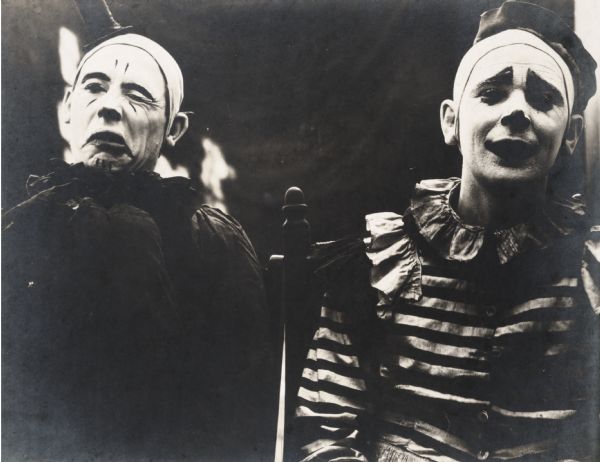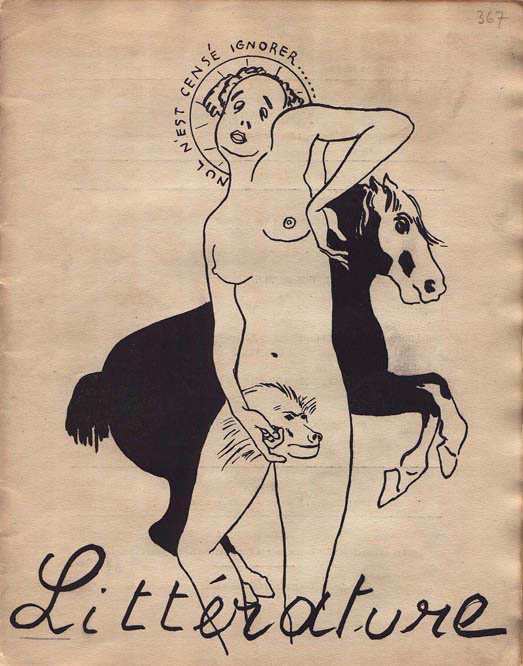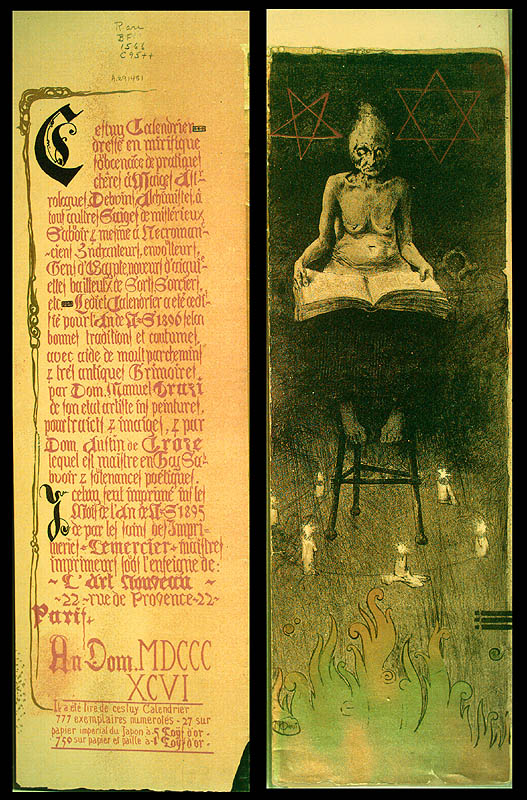The following are from Elaine Lustig Cohen and Ellen Lupton's book
Letters from the Avant Garde: Modern Graphic Design, most of which came from Elaine Lustig Cohen's personal collection. Elaine Lustig Cohen was an excellent artist/designer [more on that in a later post] who was married to the great Alvin Lustig. She and her second husband, author/publisher Arthur Cohen, began collecting letterhead in the 1970s for their
Ex Libris gallery, but the letters rarely sold. Although collectors at the time tended to view them as unimportant, they offer an unique and personal perspective into many of the most important artistic movements of the early twentieth century.
-
"A global network of avant-garde movements flourished during the first half of the twentieth century, connecting artist and designers across Europe and the United States. Written correspondence, presented on dramatically designed stationery, was a vital part of the infrastructure of this international community. Artist and designers translated concepts from painting, poetry, and architecture onto the commercial format of the letterhead, creating, in effect, ‘corporate identities’ for modernism. Stationery for Futurism, Dada, De Stijl, the Bauhaus, and other groups and institutions served as typographic manifestos for the avant-garde. Some of the works drew on the normative conventions of commercial stationery – often with a flash of irony – while others reflected new concepts of typographic rationality." - Ellen Lupton

Bruno Munari,
Mazzotti. Italy, 1934

FT Martinetti, drawing by Giacomo Ball,
Movimento Futurista. Rome, 1939

Fortunato Depero,
Depero. Italy (Trentino), c. 1927 (Collection Getty Center for the History of Art and the Humanities, Santa Monica)

Anonymous,
Fernando Cervelli. Rome, 1932 (Collection Getty Center for the History of Arts and the Humanities, Santa Monica)

Tristan Tzara, MoUvEmEnT DADA. Paris c. 1918

Johannes Baader and Raoul Hausmann, Club Dada postcard. Berlin, c. 1919

Anonymous,
Cause Le Surréalism (a Surrealist association). Paris, 1940s

Benjamin Péret. Paris (Collection W Michael Sheehe, New York)

Alexander Rodchenko,
Dobrolet State Merchant Air Service. Moscow, 1923

El Lissitzky. Moscow, 1924
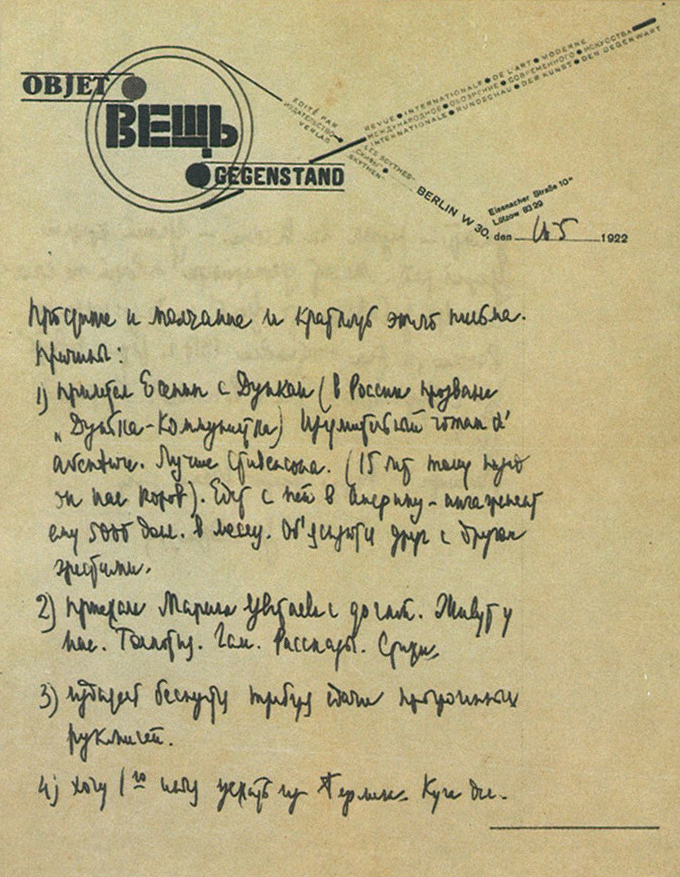
El Lissitzky,
Vesc/Object/Gegenstand. Berlin, 1922 (from the collection of Hans Berndt, Germany)
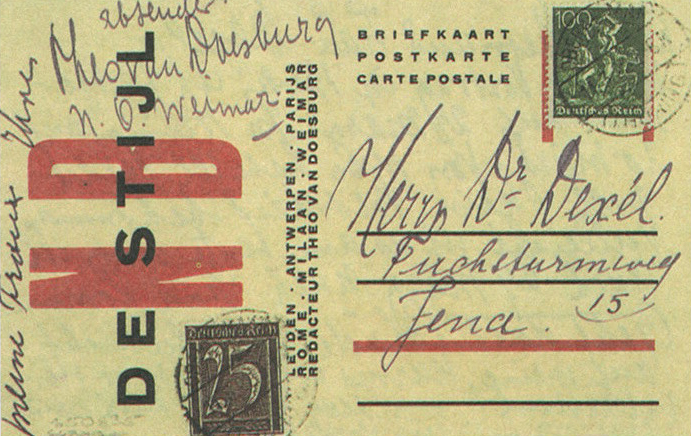
Theo Van Doesburg,
De Stijl NB postcard. Netherlands (The Hague and Leiden), 1920

Piet Zwart,
Wij Nu Experimenteel Tooneel. The Hague, 1925

Piet Zwart,
Laga-Compangnie. The Hague, 1922

Thon De Does,
Reclame Ontwerper. Rotterdam, 1930

Josef Peeters,
Het Overzicht postcard. Antwerp, 1923

Kurt Schwitters,
Merz Werbezentrale envelope. Hanover, 1924

Joost Schmidt,
Das Bauhaus in Dessau postcard. Dessau, 1925-26

Herbert Bayer,
Ernst Kraus Glasmaler Weimar. Weimar, 1924 (Collection W Michael Sheehe, New York)

E McKnight Kauffer,
Lumium Limited. London, 1935 (Collection Cooper-Hewitt, Nat. Design Museum, Smithsonian Institution)
-
all images from Elaine Lustig Cohen and Ellen Lupton's book
Letters from the Avant Garde: Modern Graphic Design [
link]
also see the blog
Billheads & Receipts [
link]
David A Bontrager has a remarkable collection of trucking company letterhead [
link]
letterhead at
amassblog [
link]
Insurance Letterhead and Covers [
link]


